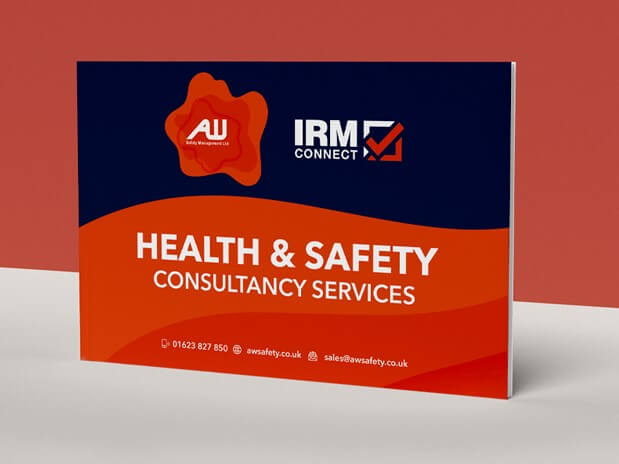Fire Safety Procedures For SMEs
While the pandemic has altered many aspects of ‘routine operations’, businesses must be careful that any changes have not had a detrimental impact on fire safety. From office-based premises, through to independent retailers and service providers, it continues to be crucially important to keep staff, visitors and assets safe.
The first thing to note regarding fire safety at small businesses is that you must not assume that due to the change in circumstances as a result of the COVID-19 pandemic that this excuses you from your obligations. Support continues to be available, with fire safety professionals being considered ‘key’ or ‘critical’ workers early on in the first UK lockdown.
“Due to these unprecedented circumstances,” says Tony Clark, Managing Director of EFL Fire and Security, “we have adopted measures to ensure we can still provide essential services in line with government guidelines to new and existing customers.”
It is essential that you continue with your fire safety requirements as normal, with all testing and maintenance regarding fire safety equipment must continue. If your business has changed anything regarding fire safety services, such as putting off inspections of fire extinguishers or cancelling maintenance of fire alarm systems, citing COVID-19 as your reason for doing so, this needs to be changed.
The Closing of Premises
It might seem like if you have closed up your premises due to the coronavirus pandemic, that it minimises the fire risk at your property. However, this is not the case, and even empty premises have issues that small businesses need to consider.
The first thing to note is that businesses need to ensure that their empty premises have clear entrances and exits and that excessive amounts of stock or supplies are not being stored in an unsafe manner.
Additionally, it is up to companies to make sure that they are not leaving electrical devices turned on or even plugged in.
It could be a great idea to install a connected fire alarm system that automatically alerts the fire services, or even one that provides real-time monitoring updates on an app or web portal that can be accessed remotely.
And, it is also worth noting that empty buildings are at a potentially greater risk of arson attacks, so measures should be put in place to minimise this possibility. This could include the installation of CCTV systems that can be remotely monitored, as well as acting as a deterrent – especially useful if you don’t have access to guarding services to provide protection.
Alterations to Buildings
For those small businesses that have been able to remain operational and not had to close, buildings may have been altered to adapt to the changing health and safety government guidelines, such as social distancing measures. Examples may include the wedging open of fire doors in order to remove the need to open doors by touch, or the sealing off of doors that were previously part of the fastest route out of the building.
In such cases, businesses need to ensure that they reassess their fire and emergency evacuation procedures, to ensure potential issues are spotted before it is too late. For example, if certain doors that were previously a part of the fastest fire exit are now closed, this needs to be made clear, and a new fast fire exit route should be created to ensure that no-one is put at risk.
In any case, businesses need to be aware that practical changes that have been made as a result of the pandemic can have an effect on fire safety. Perhaps the building’s occupants have changed, with the previous fire safety officer working from home indefinitely, and so a new employee needs training, for instance.
Reassessing Fire Safety Requirements
Undoubtedly one of the most important things to say here is that small businesses clearly need to take this time to reassess fire safety requirements. It is up to all SMEs – whether they believe they have been changed or not – to carry out fire risk assessments that take into account the range of new circumstances.
When anything changes at a business, fire safety precautions and procedures have the potential to be affected. SMEs still have a duty of care to take everyone involved protected against the risk of fire – so all small businesses should carry out new fire risk assessments as a priority.
For example, have you considered that if your business remains open while others close you may see a spike in demand? Greater footfall at the business premises can necessitate re-thinking scenarios and establishing new emergency plans.
Whether a small business has closed its doors temporarily or it has had to modify its behaviour to stay in line with government regulations, it will need to reassess whether its previous fire safety procedures remain relevant to the circumstances.
Let’s Start a Conversation
Here at AW Safety we can provide an array of Health and Safety training and consultancy services suitable for SME’s. Dates are also available to book across 2021 and are available to view here
Contact our sales team today on 01623 821 516 or email info@awsafety.co.uk for more information.












